When is Dhul Hijjah 2024?
The Islamic lunar calendar holds profound significance for Muslims around the globe, marking periods of worship, fasting, charity, and pilgrimage. Among these special times, Dhul Hijjah, the twelfth and final month, is esteemed for being one of the four sacred months, and for its first ten days, culminating in Eid ul Adha. For Muslims around the world, understanding the timing and importance of Dhul Hijjah is essential for spiritual preparation and observance.
When is Dhul Hijjah 2024?
The blessed month of Dhul Hijjah is determined by the lunar Islamic calendar, which relies on the moon’s sighting. This year, the blessed days of Dhul Hijjah are expected to enter on or around 7 June 2024, with these dates subject to slight variation based on the moon’s sighting. This period encompasses significant Islamic events, including Qurbani, Eid ul Adha, and the Hajj Pilgrimage.
The First Ten Days of Dhul Hijjah
The first 10 days of Dhul Hijjah are considered to be among the holiest periods of the entire year.
The Prophet Muhammad (peace be upon him) said, “There are no days during which the righteous action is so pleasing to Allah than these days (i.e., the first ten days of Dhul Hijjah).”
This statement underscores the invaluable opportunity for Muslims to enhance their devotion to Allah SWT and earn immense rewards.
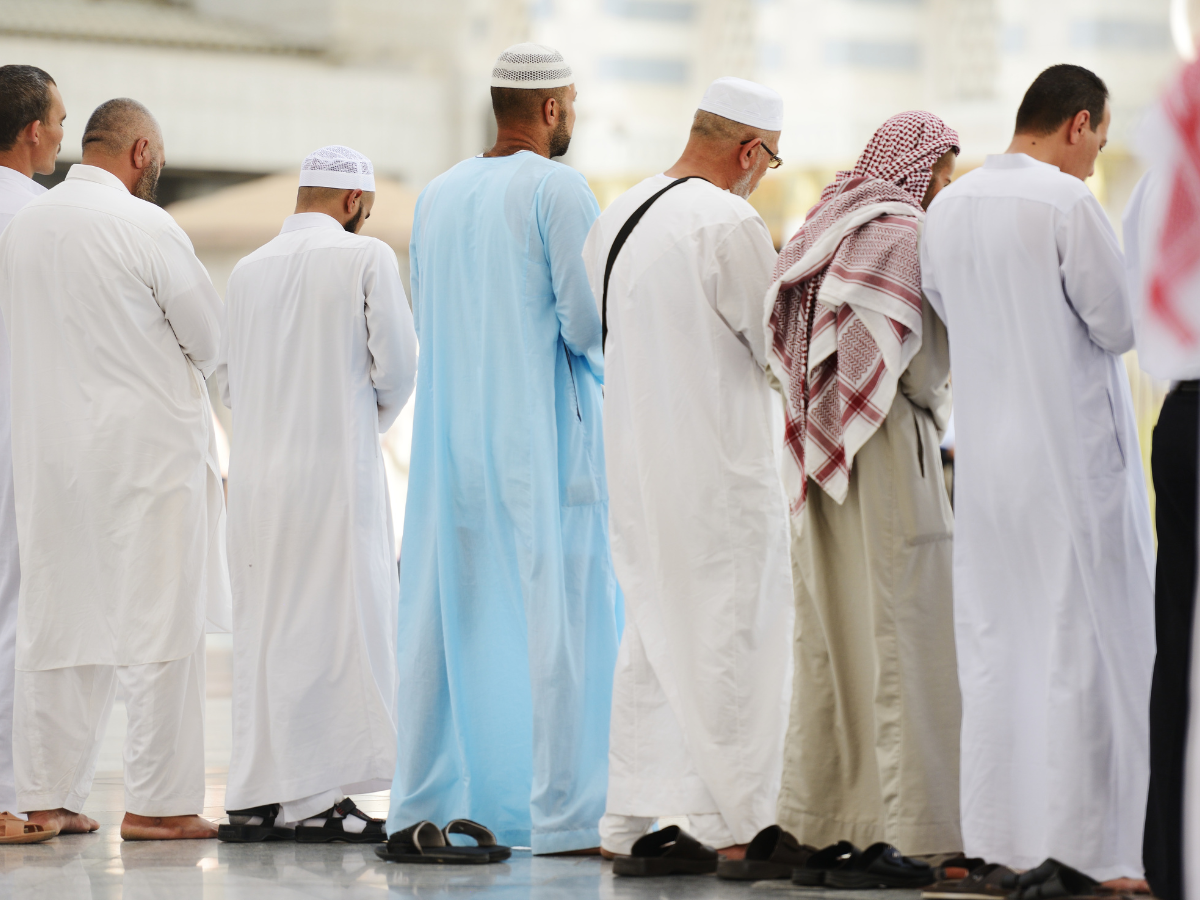
Righteous Deeds
The emphasis during these ten days on performing additional good deeds beyond the obligatory acts is paramount. Muslims are encouraged to intensify acts of worship and goodness to gain immense rewards. This period is a reminder to renew intentions and seek closeness to Allah through various forms of ibadah (worship).
Although the last ten nights of Ramadan offer immense reward, as well as the hidden night of Laylatul Qadr, the first third of this sacred month is considered the most beloved ten days of the Islamic year.
All the deeds a person performs during this season are more rewarding than any other time. In the same light, any bad deed is also considered more grievous in the sight of Allah SWT.
Below are some ways we can perform even more righteous deeds than usual.
Pray More
Engaging in additional prayers beyond the obligatory five daily prayers during these days is highly meritorious. Offering voluntary (nafl) prayers during the night or at any time of the day can bring immense blessings and spiritual elevation.
Use these moments to commune with Allah SWT, beseeching Him to grant you all that your heart desires.
Nafl Fasts
Fasting is not only for Ramadan. Observing voluntary fasts, especially on the Day of Arafah (the 9th day of Dhul Hijjah), expiates sins from the previous year and the coming year. This act of devotion is a profound demonstration of faith and submission to Allah.
It is a recommended Sunnah to fast the first nine days of Dhul Hijjah, as fasting is considered to be one of the best deeds a slave can perform.
It has been narrated to us from our Lord through a Hadith Qudsi: “All the deeds of the son of Adam are for him, except fasting, which is for Me, and I shall reward for it.” [Bukhari]
Quran
Reciting the Quran during these days holds additional significance. Muslims are encouraged to connect with Allah’s words, reflect on their meanings, and implement its teachings in their lives.
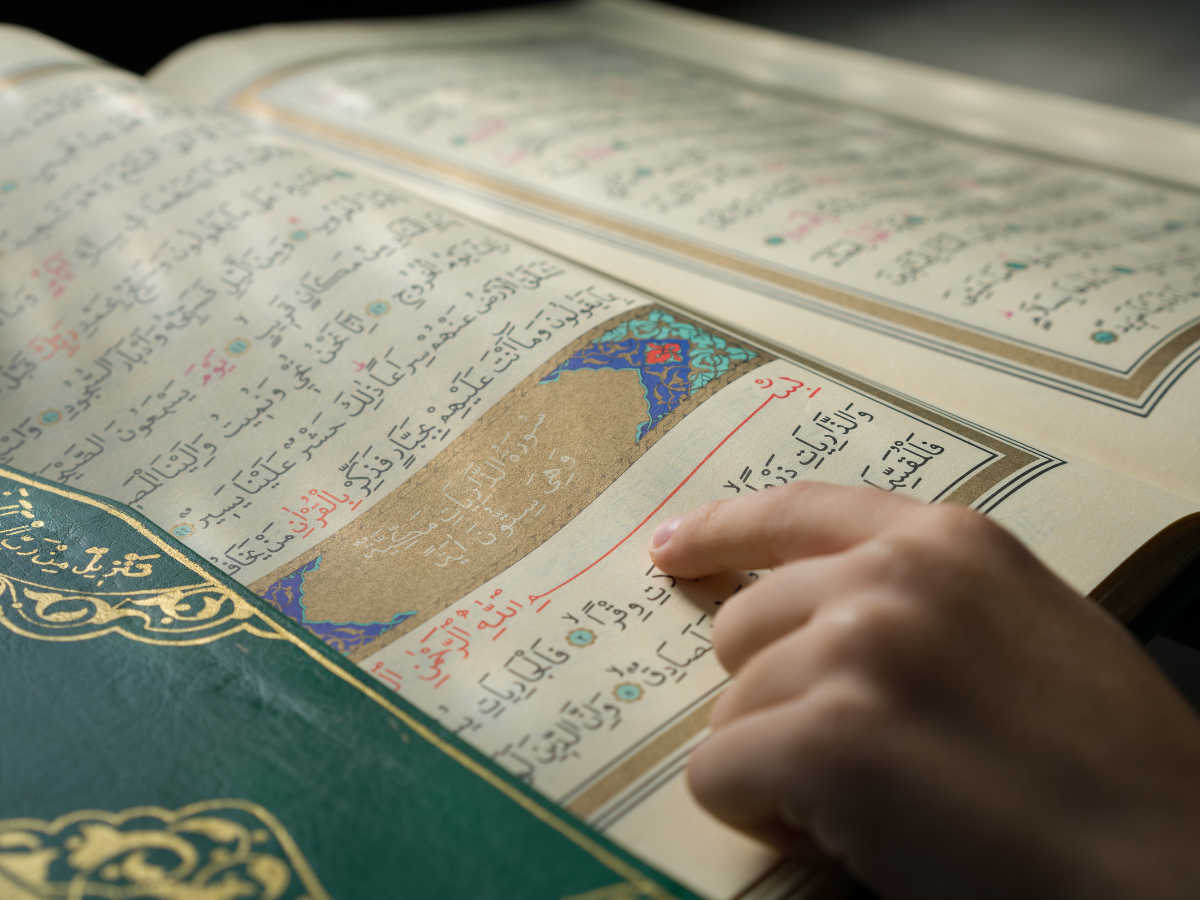
In regards to the sacred months of Islam, of which Dhul Hijjah is one of four, Allah the Most High says the following in the Holy Quran:
“God decrees that there are twelve months- ordained in God’s Book on the Day when He created the heavens and earth- four months of which are sacred: this is the correct calculation. Do not wrong your souls in these months.” [9:36]
Dhikr
Remembrance of Allah (dhikr) is particularly encouraged during the first ten days of Dhul Hijjah. Engaging in takbeer (saying Allahu Akbar), tahmeed (saying Alhamdulillah), and tasbeeh (saying SubhanAllah) enriches the soul and draws a believer closer to their Creator.
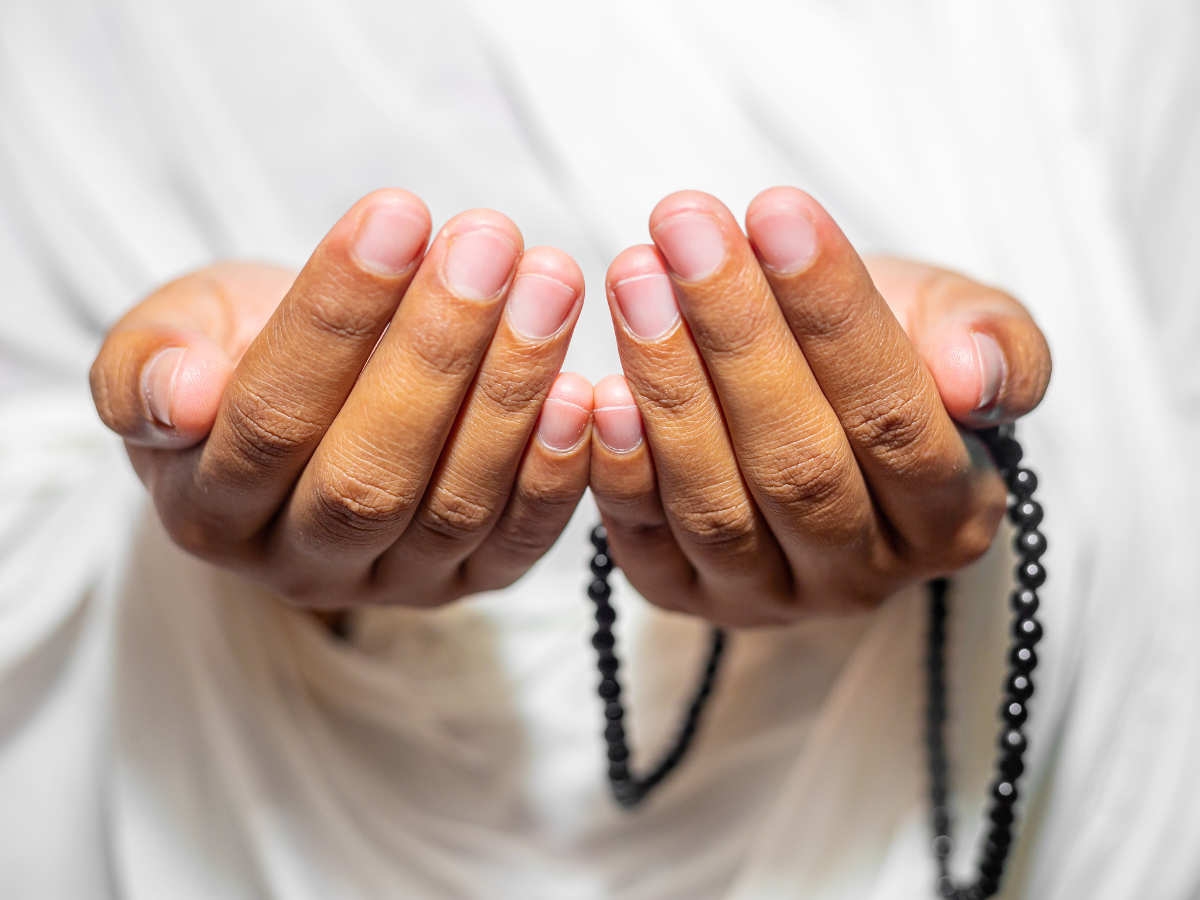
Another recommended Dhikr during these sacred days is the following:
لَا إلٰهَ إلَّا اللّٰهُ وَحْدَهُ لَا شَرِيْكَ لَهُ، لَهُ الْمُلْكُ، وَلَهُ الحَمْدُ يُحْيِيْ وَيُمِيْتُ، وَهُوَ عَلَى كُلِّ شَيْءٍ قَدِيْرٌ
La ilaaha illaAllahu wahdahu laa shareeka lahu, lahul mulku wa lahul hamdu yuhyee wa yumeet wa huwa ‘ala kulli shayin qadeer
There is no god but Allah alone, He has no partner, His is the kingdom, and His is the praise; He gives life, and He causes death, and He is capable of all things.
Kindness
Acts of kindness and charity are emphasised during this period. Small gestures of goodwill and generosity spread love and harmony between the hearts and the doer of good is rewarded many times over during these blessed ten days.
Qurbani
Performing Qurbani (sacrifice) is a significant act of worship during Dhul Hijjah. It commemorates Prophet Ibrahim’s (peace be upon him) willingness to sacrifice his son in obedience to Allah. This ritual highlights the spirit of sacrifice and submission. It also helps relieve food poverty, allowing needy families to enjoy Eid.
Charity
Charity (sadaqah) holds a special place during these ten days.
Sponsoring an orphan with READ Foundation is a perfect way to honour the blessed days mentioned above. By sponsoring an orphan to gain an education, you not only empower them to stand on their own feet, but you also enable vulnerable communities around them to break the cycle of poverty.
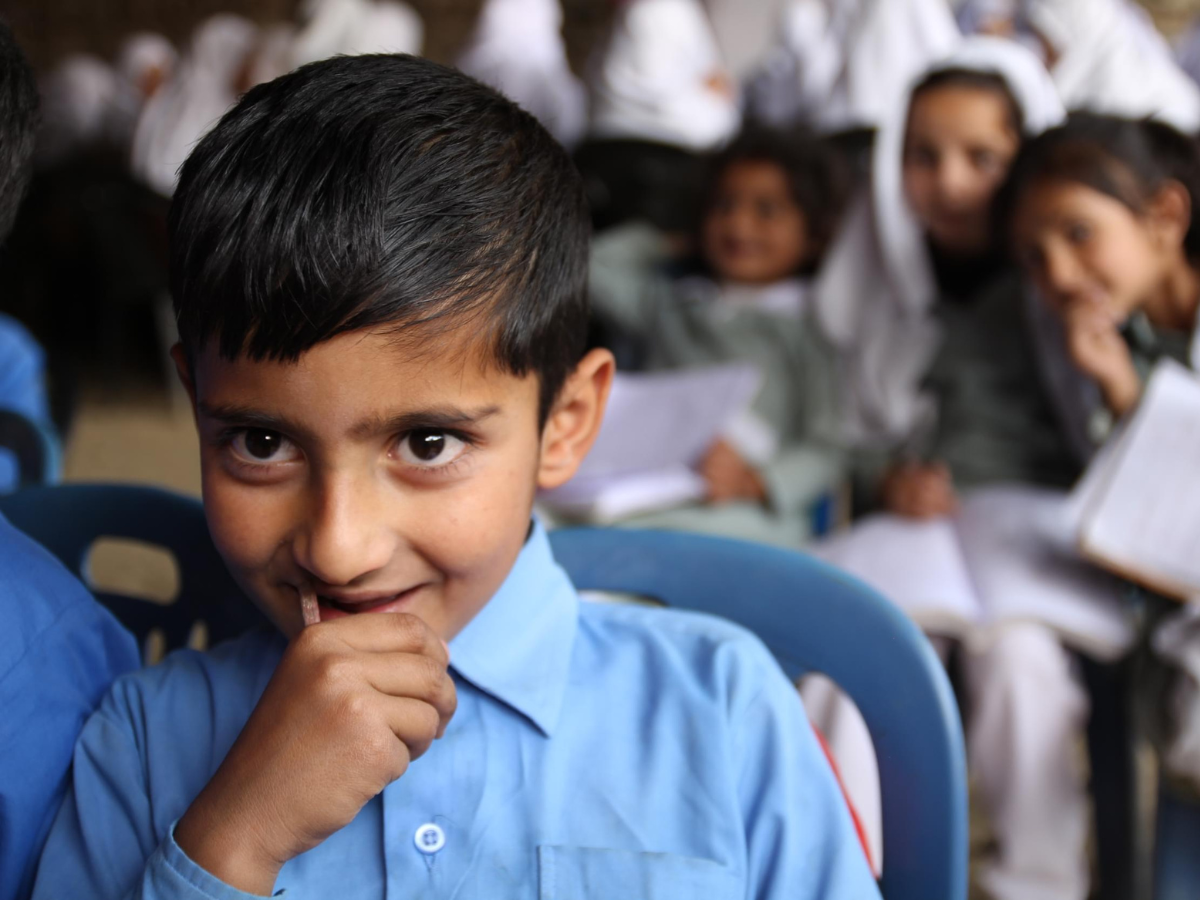
The Hajj Pilgrimage and the Day of Arafah
The Hajj pilgrimage, one of the five pillars of Islam, is an obligatory act performed during Dhul Hijjah, which explains the name of this sacred month. Hajj is mandatory for every Muslim who is physically and financially capable of undertaking the journey, at least once in their lifetime. The pilgrimage centres around the holy city of Mecca, with rituals spread over several days, each imbued with profound symbolism and significance.
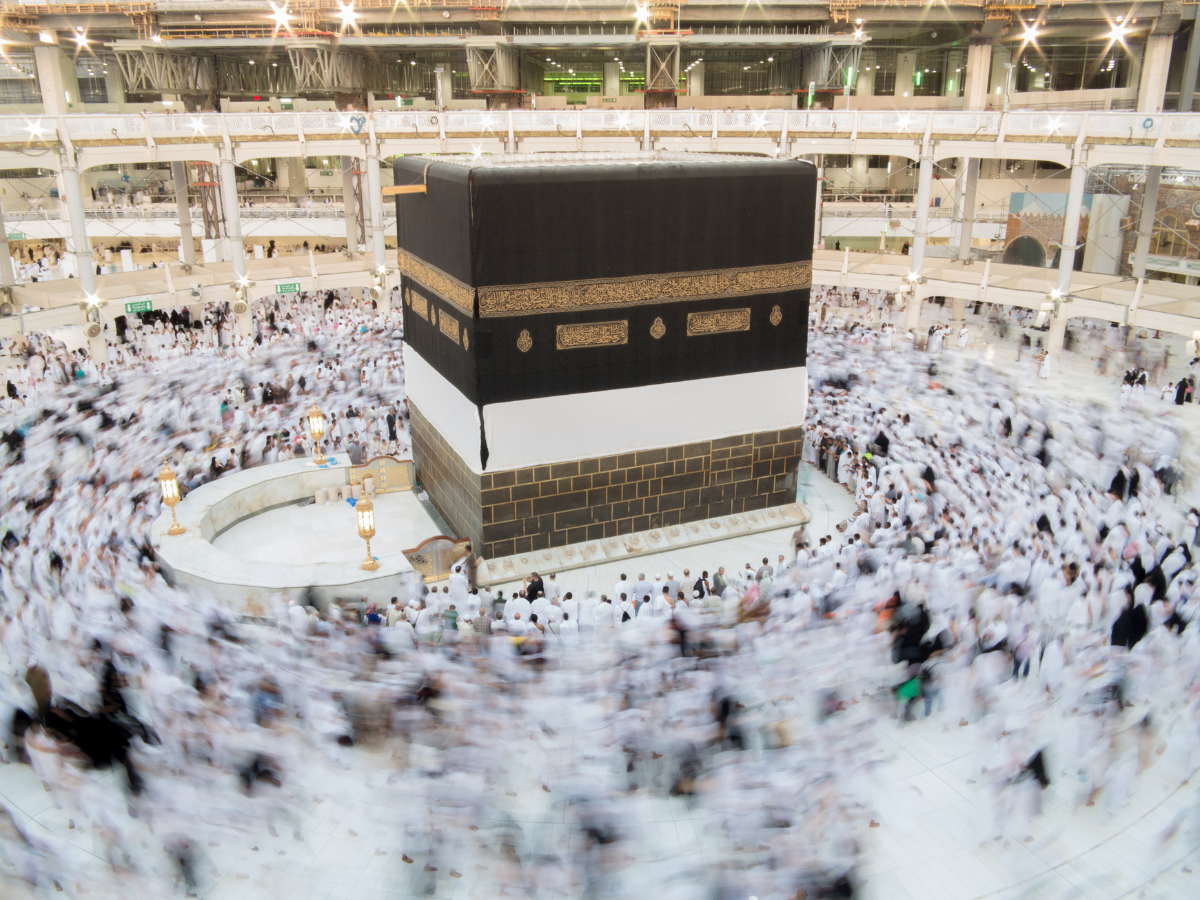
The Day of Arafah
Among the rituals of Hajj, the stand on the Day of Arafah, observed on the 9th day of Dhul Hijjah, is the climax of the Hajj pilgrimage. This day holds immense spiritual importance as it is when pilgrims gather on the plain of Arafah to engage in intense supplication and remembrance of Allah. The Prophet Muhammad (peace be upon him) said about the Day of Arafah: “Hajj is Arafah.” This highlights the day’s significance, indicating that standing in Arafah is the essence of the Hajj pilgrimage.
It is a day of immense mercy and forgiveness. It is said that Allah descends to the nearest heaven and boasts to the angels about the pilgrims, forgiving their sins and granting their supplications. For non-pilgrims, fasting on this day is highly recommended and believed to expiate the sins of the past and coming years. Those not performing the pilgrimage are also encouraged to beseech Allah to also have their sins forgiven, and Allah grants His slaves whatever He wishes. Al Hamdu Lillah, for the Divine gifts which constantly pour down upon us.
The Hajj pilgrimage and the Day of Arafah embody the unity of the Muslim Ummah. They showcase diversity in unity as pilgrims of every colour, nationality, and status stand side by side in worship, representing the epitome of Islamic equality and brotherhood.
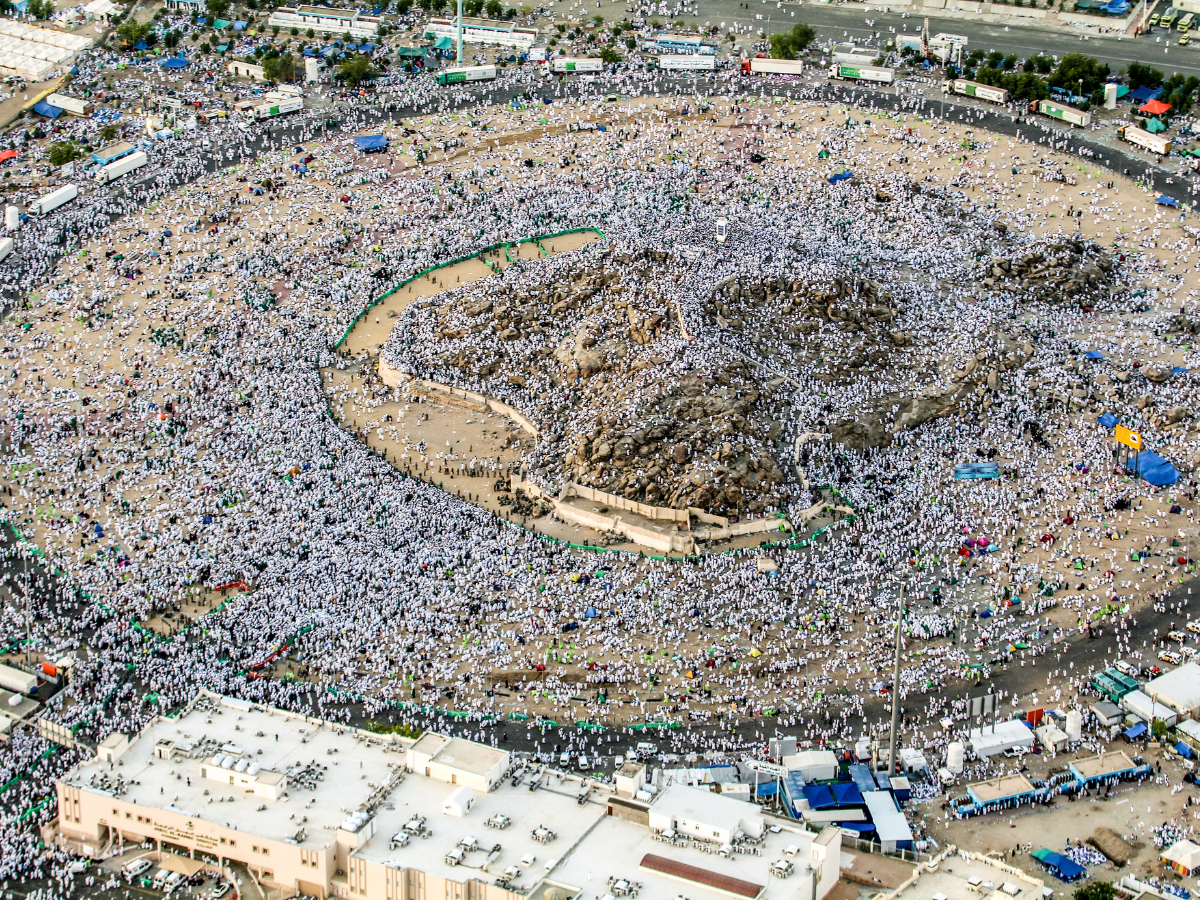
Eid Al Adha
Eid Al Adha, also known as the Festival of Sacrifice, is expected to be observed on or around 16 June 2024. This Islamic holiday commemorates the completion of the Hajj pilgrimage and honours the sacrifice made by Prophet Ibrahim (peace be upon him). It is a time for prayer, reflection, and community.
Conclusion
The first ten days of Dhul Hijjah 2024 offer a unique opportunity for spiritual growth, reflection, and community service. By engaging in good deeds, prayers, fasting, Quranic recitation, dhikr, kindness, Qurbani, and charity, Muslims can maximize the blessings of this sacred time.
Eid ul Adha serves as a beautiful culmination of these days, bringing together the global Muslim community in celebration and remembrance.
For Muslims around the world, Dhul Hijjah is a time to reconnect with our faith, enhance spiritual practices, and contribute positively to society. By marking your calendars and preparing for these days in advance, you can fully embrace the blessings and opportunities they present.
Whether you’re deepening your faith, performing acts of charity, or simply seeking to understand more about the months of the Islamic calendar, Dhul Hijjah is a time of immense spiritual significance and blessings.
We hope this blog serves as a guide on how to maximise the blessings of this sacred month.
